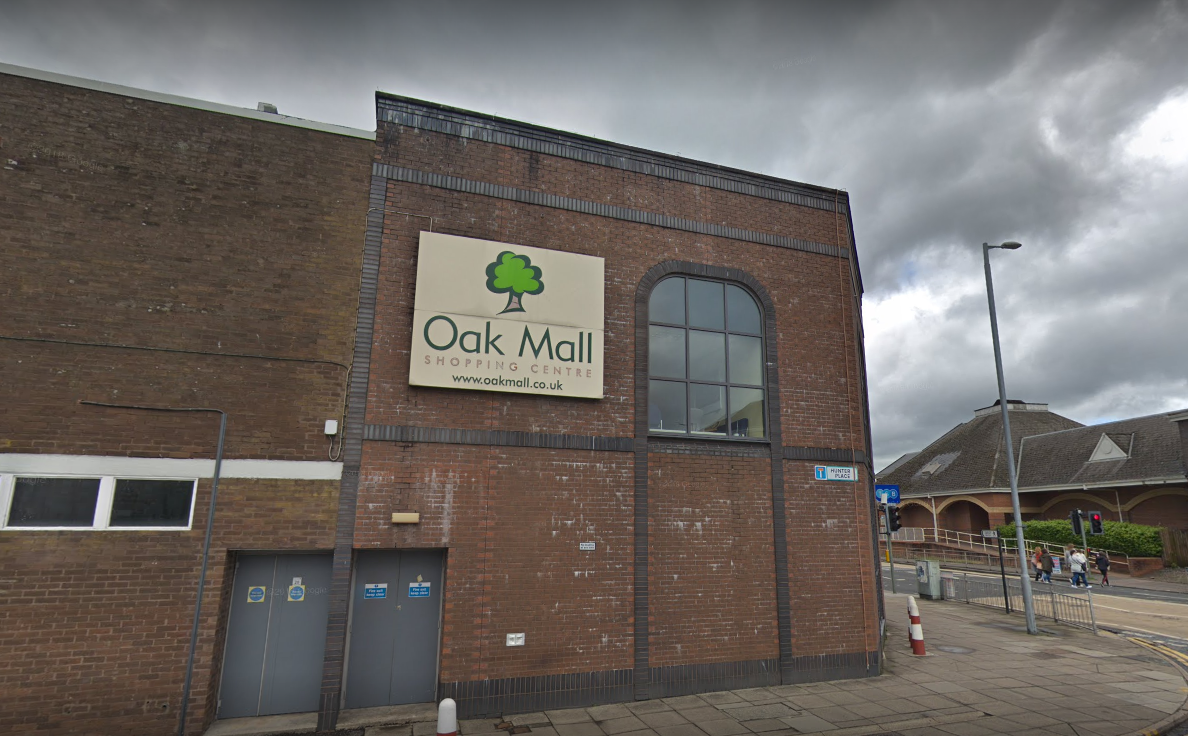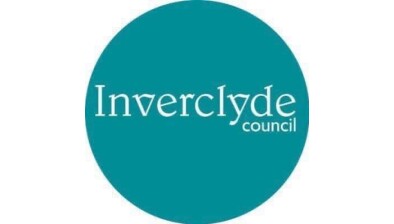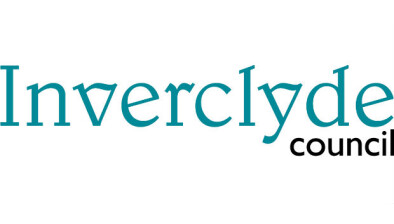Inverclyde Council in ‘special case’ funding bid to tackle deprivation
Inverclyde Council is to bid for ‘special case’ funding from the Scottish Government following the results of national deprivation figures.

Oak Mall shopping centre in Greenock (Picture: Google Street View)
Last week, the Scottish Index of Multiple Deprivation (SIMD) statistics revealed that Greenock Town Centre was the ‘most deprived’ area of Scotland.
Now, following revelations that the area is being encouraged to make a ‘special case’ for additional funding, Inverclyde Council’s depute leader, Councillor Jim Clocherty, has written to the areas two constituency MSPs, Stuart McMillan and Derek McKay, to invite them to meet and support a bid.
Councillor Clocherty said: “It is time for the finger-pointing to stop and for all of us to knuckle down and get to work on the issues raised in these deprivation figures.
“After the revelations that we can bid for special case funding from the Scottish Government I have invited our constituency MSPs to meet to support our area in putting in a bid that brings our community planning partners and the wider community together.
“While the underlying issues affecting deprivation and depopulation particularly in the west of Scotland may be long-standing they can be solved with ambition, partnership and significant resources directed in the right way.
“I hope Stuart and Derek take me up on the offer and join us in delivering a positive outcome not just for Greenock Town Centre but for every part of Inverclyde included in the recent deprivation figures”
The letter sent to Stuart McMillan MSP and Derek McKay MSP is in full below:
Dear Stuart,
I was disappointed to read your attacks on the council and its leadership on the back of the statistical release of the Scottish Index of Multiple Deprivation (SIMD) figures.
Your statement claims you will hold both Inverclyde Council and the Scottish Government to account and then proceeds to highlight multiple achievements of the Government coupled with attacks on the council and its political leadership.
In your haste to criticise the council’s lack of vision you have ignored the fact that our vision for the area is part of a partnership agreement delivered through the Inverclyde Alliance.
The partnership involves community councils; Greater Glasgow and Clyde NHS; Inverclyde Chamber of Commerce, Greenock and District Trades Council, Job Centre Plus, Scottish Enterprise, Skills Development Scotland, Scottish Fire and Rescue, Strathclyde Partnership for Transport, Police Scotland, West College Scotland, the voluntary sector representation facilitated by CVS Inverclyde and, of course, Inverclyde Council.
You are on the distribution list for all of the meetings, yet I do not remember you attending many meetings let alone putting forward an idea or proposal through that community planning partnership.
I have included a copy of the Inverclyde Alliance outcomes improvement plan (2017-2022) which sets out the vision we and our partners have developed and work towards delivering.
In your statement, you highlight a range of achievements of the Scottish Government but do not include the council’s role in activity such as the task force leading up to the original takeover of Ferguson Marine and the most recent with the takeover of Texas Instruments by Diodes. Both positive outcomes in protecting jobs and examples where as a council we have worked shoulder to shoulder with Government ministers.
Your most recent example of jobs being saved at Fergusons with the Government takeover of its own failed contracts still has significant questions to answer and with a parliamentary inquiry underway it is perhaps prudent that we do not dig deeper until the results are published.
When it comes to local government finance, I was surprised to see you talk about correspondence with Derek McKay MSP (to whom I have copied this letter) and a commitment from him to the council being encouraged to put forward a special case for funding.
This was news to us and not something you appear to have shared until now. In fact, in the many meetings we have had with Government ministers around funding, through the task forces or as part of the wider west of Scotland network focusing on declining populations in this part of the country and the overheating in the East of the country, this has never been raised.
I would be grateful if you could forward a copy of that correspondence and on receipt, I can assure you we will be putting forward a special case for funding following the SIMD results.
As a council committed to working in partnership it is right that we do this as part of the Inverclyde Alliance and involve the wider community to encourage engagement and support.
I hope we can count on both you and Derek as our constituency MSPs to engage in and support that call and to that end, I would like to invite you both to meet to examine the opportunities available for additional funding.
Part of that special case I would expect to involve the many cases we have already made to fund initiatives and activity such as the Inverclyde opportunities proposals we presented with a range of interventions and projects and didn’t receive anything from that work. That was work that would have supported employment in places like Greenock Town Centre.
In addition, it will be an opportunity to re-examine the funding we receive. For example, Inverclyde received the lowest award of all Scottish mainland councils from the Town Centre Capital Grant Fund in 2019/20 and when we supported a recent bid to the Regeneration Capital Grant Fund (RCGF) for investment in Greenock Town Centre it was turned down.
You highlighted that the funding formula at COSLA as a source of Inverclyde Council’s budget woes but ignore the fact that we do not call for the formula to change. We are looking for a bigger pot for core local government services.
The council has been a consistent voice in supporting the COSLA campaign for a fair settlement for local government in recent years and in pushing for additional investment to reverse cuts and austerity.
That is because there are indisputable facts at play here.
The Scottish Parliament’s research service, SPICE, report Local government finance: facts and figures 2013-14 to 2019-20 published in July 2019 showed the scale of cuts to local government in Scotland.
During that time Inverclyde Council’s funding was reduced by the equivalent of £104 for every resident.
Nationally the report highlights that the real terms reduction in revenue settlement for Scottish Local Government was 7.5% or £810 million while the equivalent reduction for the Scottish Government was 2.8%.
Inverclyde, of all mainland councils, relies more heavily on income from the revenue settlement. According to the parliament report 72.1% in 2019/20 where other areas rely more heavily on council tax and non-domestic rates income.
In 2013, ring-fenced funds to Inverclyde Council accounted for 0.3% of our budget and £0.5m. In 2019/20 that has increased to 4.9% or £8.3m.
Inverclyde funding over that same time has reduced by £13.9m, a decrease of 7.6% which does not in any way correlate with our population change during that time which was only 3.1 %.
These are facts produced in the public domain by the Scottish Parliament.
As our MSPs, I would expect you and Derek to be as outraged as I am to read this.
When political choices are made there are always consequences.
As a council we have, I am sure you would be the first to agree, made one of the most significant investments in Scotland in the infrastructure of our school buildings. We now, arguably, have the best estate in the country. That choice now means that while our young people are getting a better start in their lives, as the Scottish Government commits to more funding for school buildings we as an area will lose out to the councils that haven’t made that investment. I don’t criticise them or the Scottish Government for that, but highlight it to show that these are the choices we make and the consequences of those choices.
When the Scottish Government reduces local government core funding consistently for years, there are consequences to that where councils are less able to support our communities when they need us as resources are stretched and front-facing services are reduced or cut altogether.
When councils’ ability to increase income for ten years is stopped there are consequences to that where councils, like Inverclyde, have to rely more on the revenue settlement.
When the Scottish Government ring-fences more money for their own priorities there are consequences to that where locally elected councillors choices to spend on local priorities are limited.
The council statement on the back of the SIMD figures aims to highlight that and to press for more core funding and investment to reverse the cuts and put austerity where it belongs in the dustbin of history.
Something I would have hoped we could all agree on.
When it comes to the blame game we can keep pointing fingers but the simple fact is that it means we won’t see a turnaround in core local government funding which can and will have an impact on our communities.
When the council is pushing for more funding for our area, I hope we can count on your support and the support of Derek and I look forward to meeting you both.
Regards
Jim Clocherty
Deputy Leader of Inverclyde Council







